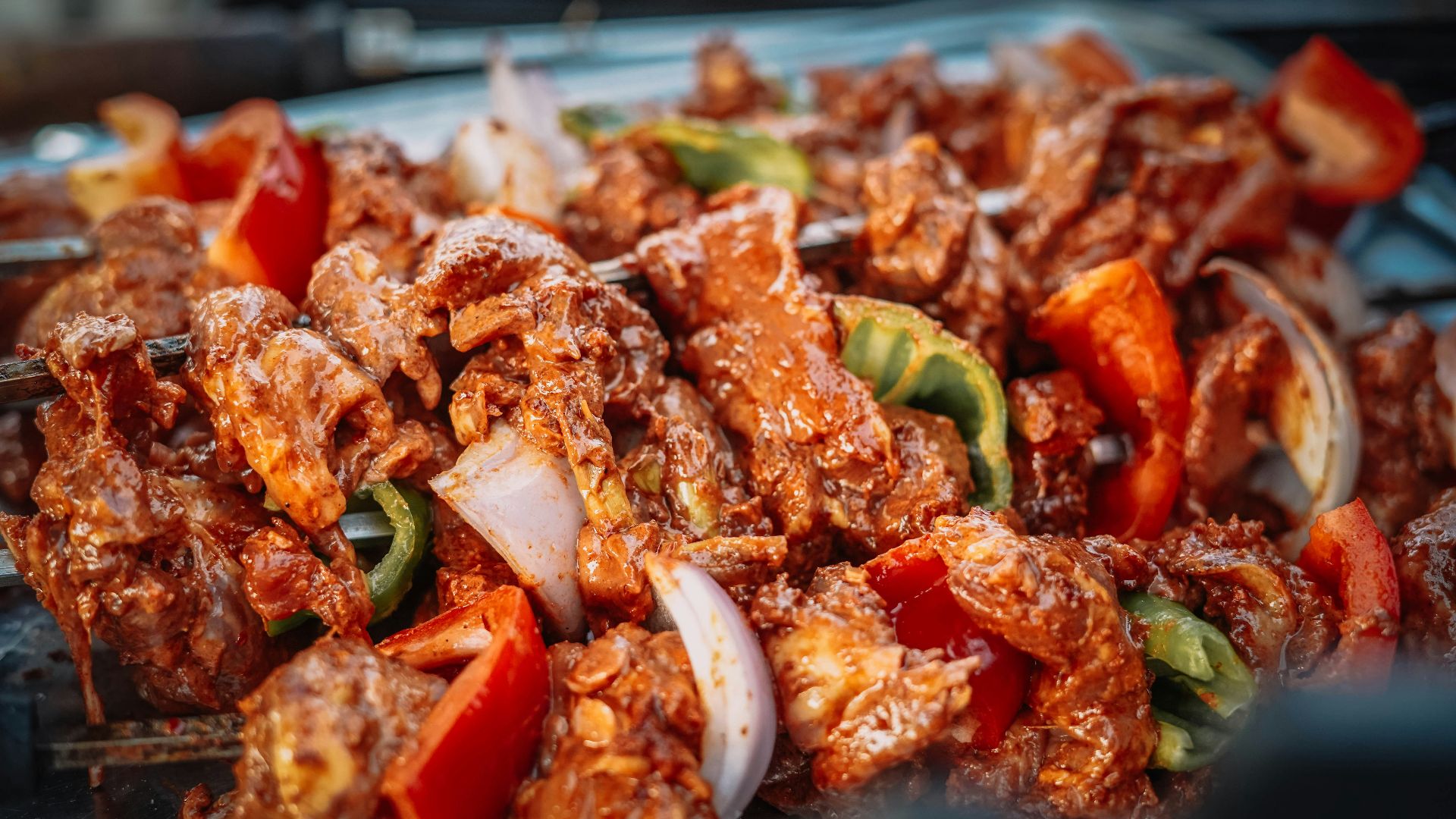There's something oddly satisfying about eating food that hurts a little. That feeling you get when that chili burn lights up your mouth and sweat starts beading on your forehead is nothing short of primal. For years, spicy food got a bad reputation. Critics claimed it was too harsh on the stomach and supposedly put us at risk of ulcers. Turns out, most of that was wrong. Capsaicin, the compound responsible for heat in chili peppers, might actually be doing your body several favors while it's turning your tongue into a full-blown tiki torch.
It Might Speed Up Your Metabolism
Everyone's looking for that magic metabolism boost, and capsaicin delivers a mild one. Studies show it can temporarily increase your body's heat production and energy expenditure. We're not talking about miracle weight loss here—you won't burn off a burger by adding hot sauce to it—but regular consumption of spice seems to nudge your metabolic rate slightly higher.
Capsaicin activates receptors in your body that trigger a thermogenic response. That's why you get sweaty. Your body is working harder, burning more calories to cool itself down. One study found people who ate spicy meals burned about 50 extra calories afterward compared to non-spicy versions. While that may not seem like much, over time, small differences compound.
There's also evidence that spicy food might reduce cravings for fatty and sweet foods, though whether that's biological or just because your taste buds are too overwhelmed to want dessert is unclear.
It's Surprisingly Good for Your Gut
This contradicts everything we've been told about spicy food tearing up your stomach lining. Turns out, the reverse may be true and capsaicin might actually protect your digestive system.
Research suggests it can increase the protective mucus layer in your stomach and even prevent ulcers by reducing inflammation and limiting bacterial growth. The bacterium that causes most ulcers, H. pylori, seems particularly vulnerable to capsaicin's effects. Countries where people eat spicy food daily actually tend to have lower rates of stomach ulcers, not higher.
Of course, if you already have an irritated gut or conditions like IBS, spicy food might aggravate symptoms. Everyone’s bodies are different. But for most people, moderate spice isn't the villain we thought it was. That burning sensation you feel isn't actual damage taking place; it’s merely your pain receptors being tricked into thinking there’s heat where there isn’t.
It Could Improve Heart Health
Capsaicin appears to have legitimate cardiovascular benefits, which feels a little ironic when your heart is thudding against your ribs after biting into a spicy pepper you didn’t realize was lurking in the sauce.
Regular consumption is associated with lower blood pressure and improved cholesterol levels. It seems to help blood vessels relax and dilate, improving circulation. Some research even suggests people who eat spicy food frequently have lower rates of heart disease and stroke. We're still figuring out all the mechanisms, but the anti-inflammatory properties of capsaicin likely play a role. Chronic inflammation damages blood vessels over time, and anything that reduces inflammation generally helps your heart.
Plus, spicy food makes you drink more water, which most of us don't get enough of anyway. It’s a silver lining to that desperate gulp of milk after biting into a jalapeño.
It Acts as a Natural Pain Reliever
Pain that relieves pain sounds contradictory, but capsaicin is actually used in topical pain relief creams for arthritis and nerve pain.
When you eat spicy food regularly, you're essentially training your pain receptors to be less reactive. Capsaicin depletes substance P, a neurotransmitter that sends pain signals to your brain. With repeated exposure, you build up a tolerance—not just to spicy food, but potentially to other types of discomfort too. That's why people who grow up eating spicy food can handle levels of spice that would destroy someone unaccustomed to it.
Some studies suggest this effect might extend beyond the mouth. People who eat spicy food regularly report lower levels of chronic pain in general. Whether that's cause and effect or just correlation is still being researched, but it's intriguing.
It Might Help You Live Longer
Several large population studies have found associations between regular spicy food consumption and reduced mortality rates. People who ate spicy food six or seven times a week had a 14% lower risk of death compared to those who ate it less than once weekly.
We can't say spicy food directly causes longer life—correlation isn't causation, after all. Not to mention that people who eat spicy food might just have other healthy habits. Yet, the connection keeps showing up across different populations and cultures frequently enough that it’s worth paying attention to.
Maybe it's the antimicrobial properties of capsaicin or the anti-inflammatory benefits compounding over decades. It could be as simple as the fact that spicy food makes vegetables taste better, so people eat more of them. Whatever the mechanism, regularly setting your mouth on fire doesn't seem to be shortening anyone's life expectancy.










